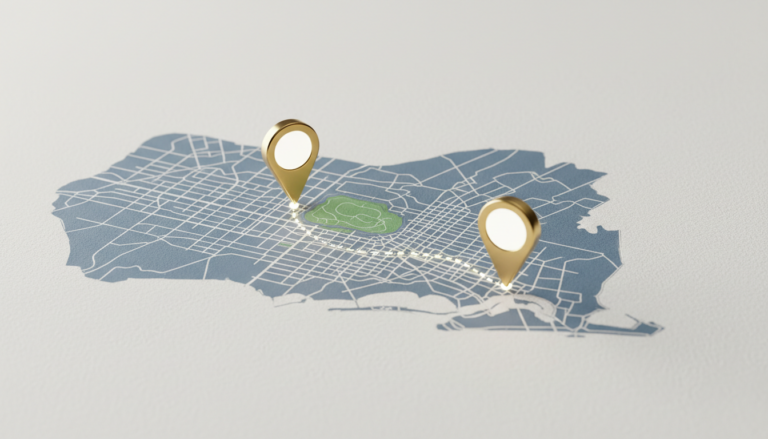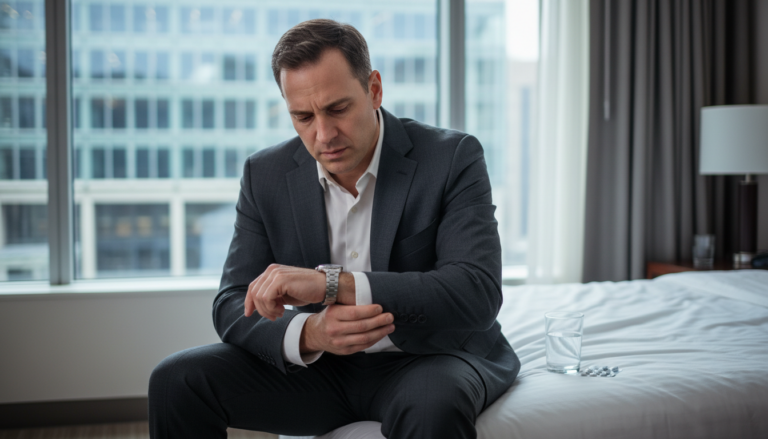A headache can be brought on by many different things, so it’s important to be able to identify what kind of headache you are suffering from. Once you have a good idea of the kind of headache it is you are able to plan a course of action and look for some relief.
Headaches are generally split into two types – Primary and Secondary headaches. Let’s have a look at what that means and dive into what they are.
A Primary Headache is a headache caused by overactivity of/or problems with pain-sensitive parts of your head. Things such as stress, alcohol, lack of sleep, and skipping meals are all ways to trigger primary headaches. Tension Headaches and Migraine Headaches are also the most common primary headaches!
When do you need to start worrying about a Primary Headache? Look for a change in pattern or increase in pain level! If your headaches stop you from doing everyday activities or if your headaches make sleep difficult, seek professional medical care as soon as possible!
While Primary Headaches aren’t a sign of illness, a Secondary Headache is. Any number of illnesses can cause a Secondary Headache. If you are feeling sick and it’s paired with a headache, you definitely will want to seek medical attention. Secondary Headaches could be the result of any number of conditions, each one varying in severity. Sinus infections, Dehydration, Ear Infection, and Influenza are a few common causes of Secondary Headaches. However, some causes of Secondary Headaches can also be more severe like Brain Aneurysms, Brain Tumors, or Stroke. Seek medical attention with any headache that is prolonged or brought on by injury.
Headache relief
There are plenty of options for headache relief – over the counter options like Ibuprofen and Tylenol but also natural options as well. Below we’ll focus on more natural, DIY types of options for your headaches.
Hydration
Dehydration is one of the top causes of headaches. Making sure you always have a bottle of water next to you, ESPECIALLY in the summer heat, is important!
Food-related headaches are very common so not skipping meals and eating right will help decrease your chances of getting a headache!
To avoid stress-related headaches, avoid stress-related activities and invest in yourself.
Acupuncture
A great way to help you relax and a wonderful way to relieve headache-inducing stress!
Acupuncture divides your body into a series of zones and pressure points. Acupuncture needles are inserted into different pressure points, depending on your symptoms. These needle points are usually near nerves in your body. The needle stimulates the nerves to release hormones, such as endorphins, that trigger a response from your body. This immune and circulation system stimulation is what proponents of acupuncture claim relieves Migraines and Tension Headaches.
Herbal Tea
A wonderful all around reliever of common causes of headaches. Ginger tea, specifically, decreases the causes of most Migraines and even helps treat on-going Migraines. Ginger helps relax blood vessels and improve blood flow to the brain, and it also has anti-inflammatory properties. Ginger is known to activate natural Opiates in the brain, which helps lessen pain. Studies done reveal that ginger may match the effectiveness of your next Triptan to knock out your next Migraine attack.
Magnesium
Since Migraines are so challenging to treat just using painkillers, many people use other remedies like Magnesium.
Magnesium is a natural mineral that helps keep blood pressure stable, promotes heart health and regulates nerve and muscle function. This being said, the lack of Magnesium can cause headaches and Migraines. The American Migraine Foundation suggests taking a 400-500 milligrams (mg) supplement of Magnesium Oxide daily to prevent Migraines.
Limit Alcohol
Alcohol has long been associated with the development of headaches, with about one-third of patients with Migraines noting alcohol as a trigger. Alcohol, which is consumed in beverages such as liquor, wine, and beer, is a chemical called Ethanol.
Ethanol may cause headaches in several ways. First, it is a direct vasodilator; in some individuals, vasodilation may cause a headache. Second, Ethanol is a natural diuretic; this leads to excretion of salt, vitamins, and minerals from the body through the kidneys. Excess consumption of Ethanol may produce dehydration and chemical imbalances in the body. Like food triggers, the likelihood of a particular type of alcohol triggering a headache is probably different from person to person. If you suffer from Migraines, talk with your doctor about how alcohol may affect you.
B Complex Vitamin
Studies have shown that having adequate vitamin B2 can reduce the frequency of Migraines. One theory of Migraines is that too many demands are being made on nerve cells, and there’s not enough energy being produced to support the demands. Vitamin B12 (as well as Magnesium) play important roles in boosting energy production inside nerve cells. When taken daily, Magnesium may help reduce the frequency of Migraines. The mineral helps to calm nerves, which tend to get overexcited during a Migraine. Some studies have found that Migraine sufferers tend to be deficient in Magnesium. You’ll likely need more than the average multi-vitamin contains or about 400 to 600 milligrams a day. Look for Amino Acid-Chelated Magnesium (many brands contain Magnesium Oxide, which is not absorbed as well). You can also increase your Magnesium level by eating dark green vegetables, nuts, and seeds.
Cool Compresses
It’s always common for people to use a cold compress or ice pack to relieve the pain of a headache or injury, giving you a numbing feeling, which dulls the pain. Using ice as a remedy for headaches and Migraines isn’t new. In fact, cold therapy for headaches goes back as many as 150 years. The best way to use cold therapy for a headache or a Migraine is to apply the ice pack for 15 to 20 minutes at a time. Where you apply the ice pack also makes a difference in how quickly you can experience relief. The 2013 study specifically recommends applying the ice in the form of a neck wrap, which can help reduce the pain and discomfort from headaches and Migraines. Using an ice pack is an inexpensive and relatively safe way to reduce the discomfort and pain from a headache.
Essential Oils
Essential oils like Lavender, Rosemary, Peppermint, Chamomile, and Eucalyptus oil are wonderful natural options that will help relieve headaches. Peppermint oil is one of the most commonly used essential oils to treat headaches or Migraines. It contains menthol, which can help muscles relax and ease pain. Applying diluted peppermint oil directly to the temples seems to work best. Essential oils can have numerous medicinal benefits when used correctly and can help to relieve headaches and Migraines. When it comes to essential oils, remember that a little goes a long way (1-3 drops will do the trick).
It’s hard to know exactly what you need when experiencing a headache but know that we are here to help you! Headaches are always a sure way to ruin your day, so give Sickday a call and we will help you get back to feeling better and get you back to your day fast!

